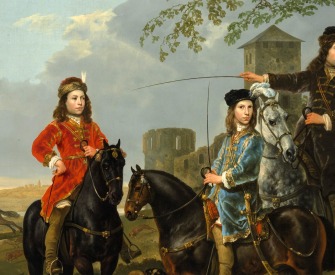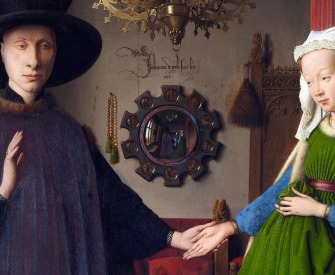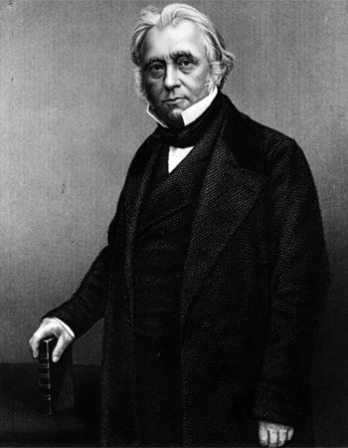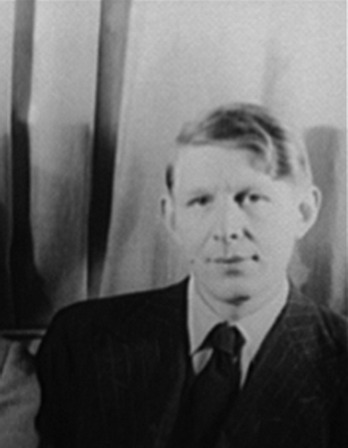Those who know the joys and miseries of celebrities when they have passed the age of forty know how to defend themselves.
—Sarah Bernhardt, 1904Bright Ambition
Mark Twain’s shining star.
Once there was a good little boy by the name of Jacob Blivens. He always obeyed his parents, no matter how absurd and unreasonable their demands were, and he always learned his book, and never was late at Sabbath school. He would not play hookey, even when his sober judgment told him it was the most profitable thing he could do. None of the other boys could ever make that boy out, he acted so strangely. He wouldn’t lie, no matter how convenient it was.
He just said it was wrong to lie, and that was sufficient for him. And he was so honest that he was simply ridiculous. The curious ways that Jacob had surpassed everything. He wouldn’t play marbles on Sunday, he wouldn’t rob birds’ nests, he wouldn’t give hot pennies to organ-grinders’ monkeys; he didn’t seem to take any interest in any kind of rational amusement. So the other boys used to try to reason it out and come to an understanding of him, but they couldn’t arrive at any satisfactory conclusion. As I said before, they could only figure out a sort of vague idea that he was “afflicted,” and so they took him under their protection and never allowed any harm to come to him.
Once there was a good little boy by the name of Jacob Blivens. He always obeyed his parents, no matter how absurd and unreasonable their demands were, and he always learned his book, and never was late at Sabbath school. He would not play hookey, even when his sober judgment told him it was the most profitable thing he could do. None of the other boys could ever make that boy out, he acted so strangely. He wouldn’t lie, no matter how convenient it was. He just said it was wrong to lie, and that was sufficient for him. And he was so honest that he was simply ridiculous. The curious ways that Jacob had surpassed everything. He wouldn’t play marbles on Sunday, he wouldn’t rob birds’ nests, he wouldn’t give hot pennies to organ-grinders’ monkeys; he didn’t seem to take any interest in any kind of rational amusement. So the other boys used to try to reason it out and come to an understanding of him, but they couldn’t arrive at any satisfactory conclusion. As I said before, they could only figure out a sort of vague idea that he was “afflicted,” and so they took him under their protection and never allowed any harm to come to him.
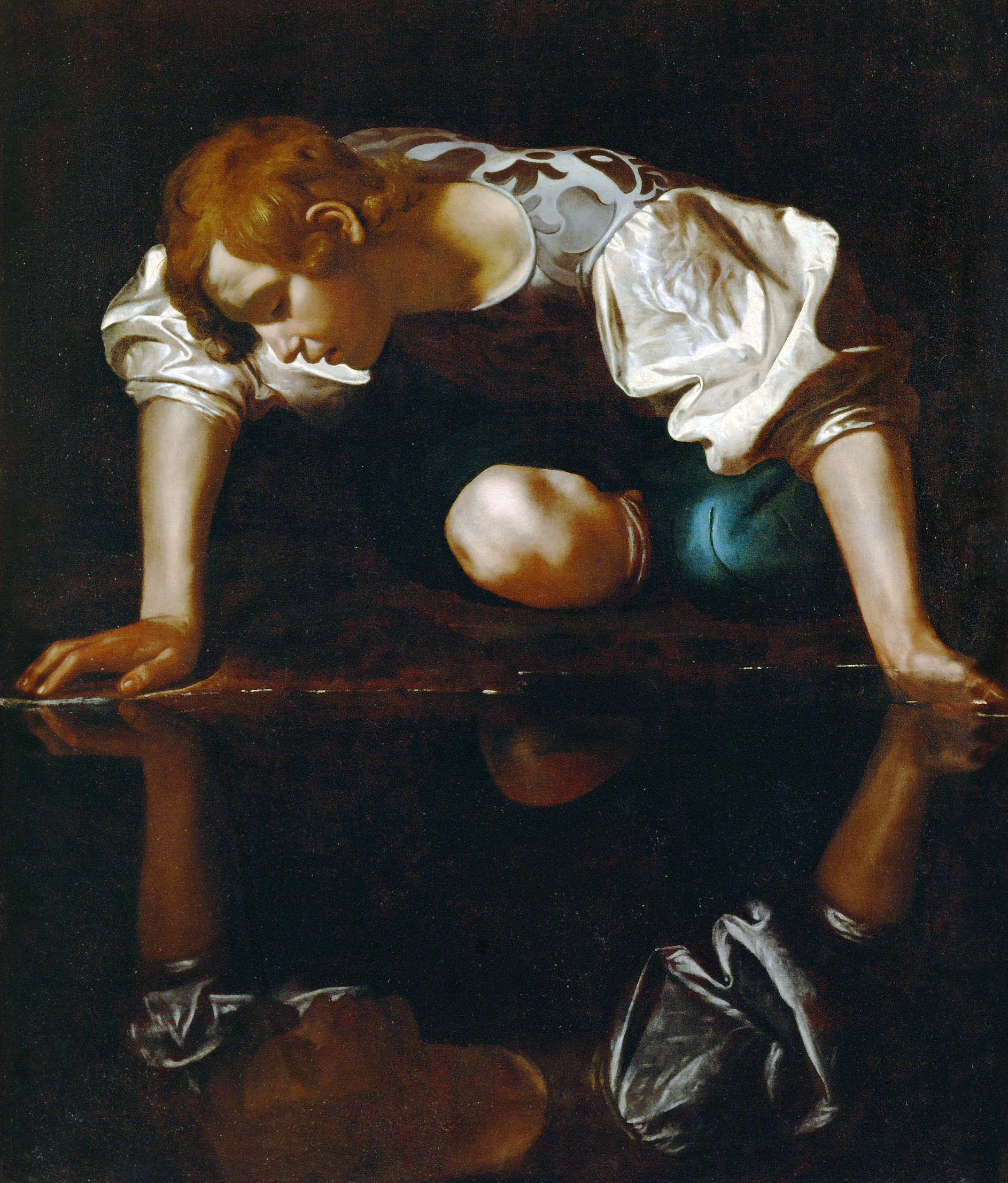
Narcissus, by Michelangelo Merisi da Caravaggio, c. 1597. National Gallery of Ancient Art, Rome.
This good little boy read all the Sunday-school books; they were his greatest delight. This was the whole secret of it. He believed in the good little boys they put in the Sunday-school books; he had every confidence in them. He longed to come across one of them alive, once—but he never did. They all died before his time, maybe. Whenever he read about a particularly good one he turned over quickly to the end to see what became of him, because he wanted to travel thousands of miles and gaze on him, but it wasn’t any use; that good little boy always died in the last chapter, and there was a picture of the funeral, with all his relations and the Sunday-school children standing around the grave in pantaloons that were too short, and bonnets that were too large, and everybody crying into handkerchiefs that had as much as a yard and a half of stuff in them. He was always headed off in this way. He never could see one of those good little boys on account of his always dying in the last chapter.
Jacob had a noble ambition to be put in a Sunday-school book. He wanted to be put in, with pictures representing him gloriously declining to lie to his mother, and her weeping for joy about it, and pictures representing him standing on the doorstep giving a penny to a poor beggar woman with six children and telling her to spend it freely, but not to be extravagant, because extravagance is a sin, and pictures of him magnanimously refusing to tell on the bad boy who always lay in wait for him around the corner as he came from school, and welted him over the head with a lath and then chased him home, saying, “Hi! Hi!” as he proceeded. That was the ambition of young Jacob Blivens. He wished to be put in a Sunday-school book. It made him feel a little uncomfortable sometimes when he reflected that the good little boys always died. He loved to live, you know, and this was the most unpleasant feature about being a Sunday-school-book boy. He knew it was not healthy to be good. He knew it was more fatal than consumption to be so supernaturally good as the boys in the books were; he knew that none of them had ever been able to stand it long, and it pained him to think that if they put him in a book he wouldn’t ever see it, or even if they did get the book out before he died it wouldn’t be popular without any picture of his funeral in the back part of it. It couldn’t be much of a Sunday-school book that couldn’t tell about the advice he gave to the community when he was dying. So at last, of course, he had to make up his mind to do the best he could under the circumstances—to live right, and hang on as long as he could, and have his dying speech all ready when his time came.
This was the whole secret of it. He believed in the good little boys they put in the Sunday-school books; he had every confidence in them. He longed to come across one of them alive, once—but he never did. They all died before his time, maybe. Whenever he read about a particularly good one he turned over quickly to the end to see what became of him, because he wanted to travel thousands of miles and gaze on him, but it wasn’t any use; that good little boy always died in the last chapter, and there was a picture of the funeral, with all his relations and the Sunday-school children standing around the grave in pantaloons that were too short, and bonnets that were too large, and everybody crying into handkerchiefs that had as much as a yard and a half of stuff in them. He was always headed off in this way. He never could see one of those good little boys on account of his always dying in the last chapter.
Jacob had a noble ambition to be put in a Sunday-school book. He wanted to be put in, with pictures representing him gloriously declining to lie to his mother, and her weeping for joy about it, and pictures representing him standing on the doorstep giving a penny to a poor beggar woman with six children and telling her to spend it freely, but not to be extravagant, because extravagance is a sin, and pictures of him magnanimously refusing to tell on the bad boy who always lay in wait for him around the corner as he came from school, and welted him over the head with a lath and then chased him home, saying, “Hi! Hi!” as he proceeded. That was the ambition of young Jacob Blivens. He wished to be put in a Sunday-school book. It made him feel a little uncomfortable sometimes when he reflected that the good little boys always died. He loved to live, you know, and this was the most unpleasant feature about being a Sunday-school-book boy. He knew it was not healthy to be good. He knew it was more fatal than consumption to be so supernaturally good as the boys in the books were; he knew that none of them had ever been able to stand it long, and it pained him to think that if they put him in a book he wouldn’t ever see it, or even if they did get the book out before he died it wouldn’t be popular without any picture of his funeral in the back part of it. It couldn’t be much of a Sunday-school book that couldn’t tell about the advice he gave to the community when he was dying. So at last, of course, he had to make up his mind to do the best he could under the circumstances—to live right, and hang on as long as he could, and have his dying speech all ready when his time came.

Mark Twain
From “The Story of the Good Little Boy.” Samuel Clemens was born in 1835, served as an apprentice to a Hannibal printer in 1848, got a riverboat pilot’s license in 1859, went West in 1861, and assumed his pseudonym—the term for water two fathoms deep—in 1863. The fifty letters that a newspaper commissioned him to write while traveling in Europe and beyond became his first successful book, The Innocents Abroad, in 1869.
